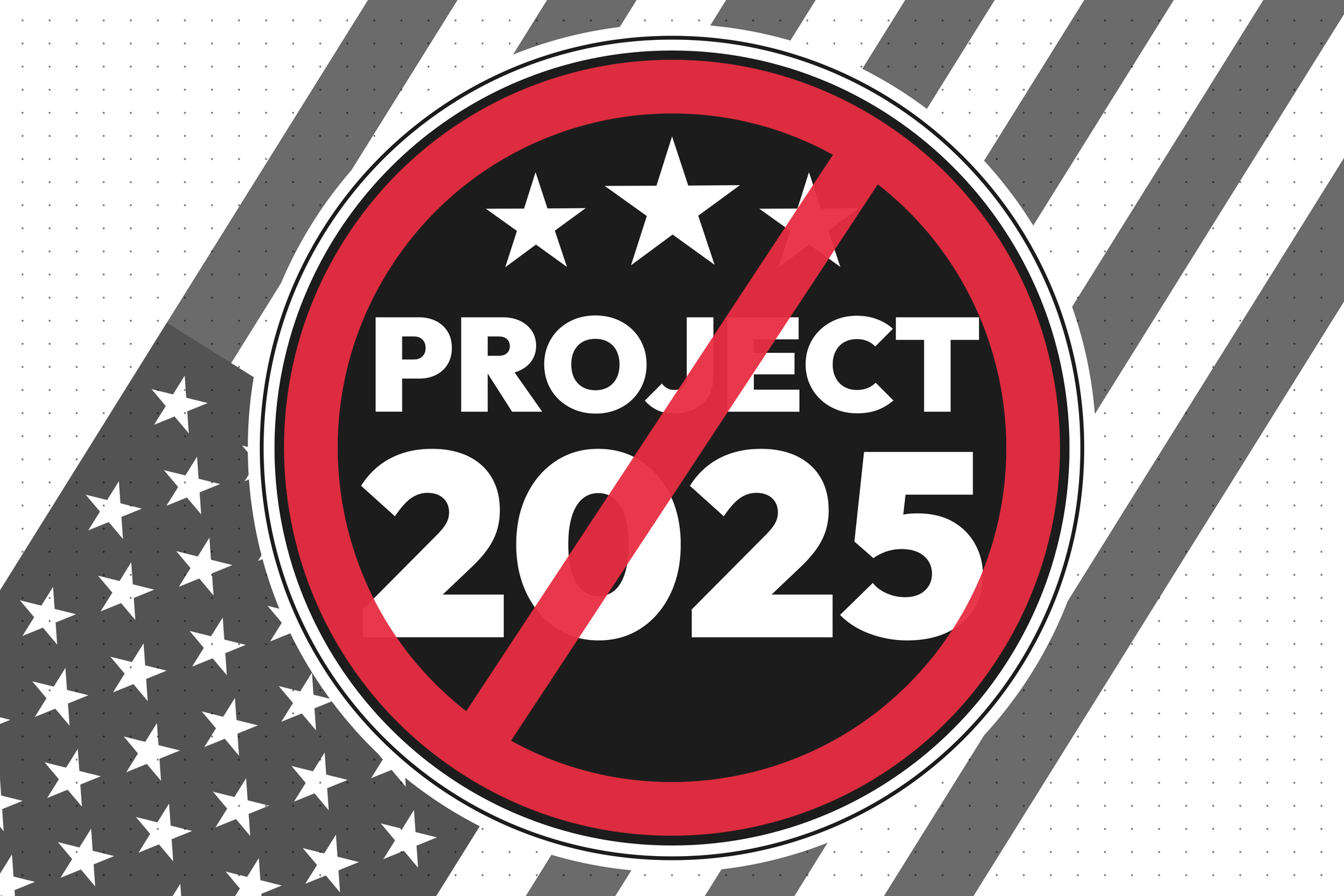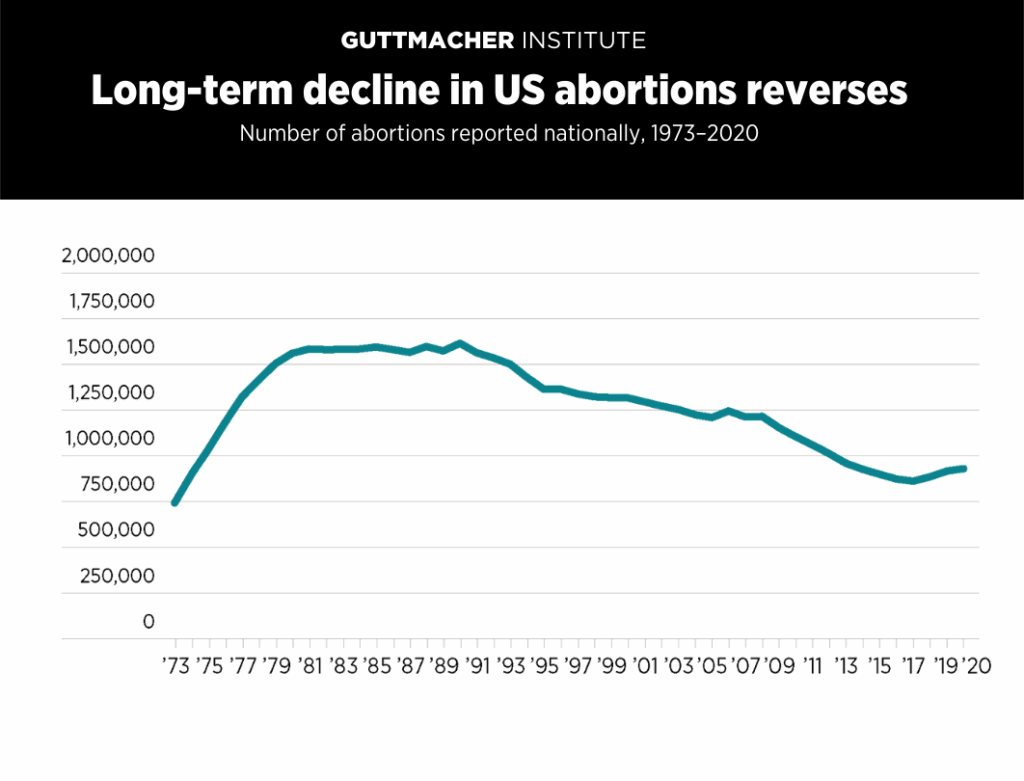Abortion has been a highly debated and controversial topic for decades. In the past, there have been various attempts to end abortions through legislation and court rulings. Former plans to end abortions have included restrictions on access to abortion services, such as waiting periods, mandatory counseling, and parental consent laws.
However, these efforts have faced opposition from pro-choice advocates who argue that women have the right to make decisions about their own bodies. Despite these challenges, anti-abortion activists continue to push for stricter laws and regulations to limit access to abortion services.
Former Plans To End Abortions
The Current Landscape
In recent years, there have been several high-profile cases that have brought the issue of abortion rights to the forefront of the national conversation. Former plans to end abortions have included state laws that ban abortions after a certain gestational age or in cases of fetal abnormalities. These laws have been met with legal challenges and have sparked debates about the role of government in regulating reproductive rights.
As the political landscape continues to shift, it is important for advocates on both sides of the issue to stay informed and engaged in the conversation. Former plans to end abortions may have been unsuccessful in the past, but the fight for reproductive rights is far from over.
Looking Ahead
Despite the challenges faced by anti-abortion activists in their efforts to end abortions, the fight for reproductive rights continues. Former plans may have been thwarted by legal challenges and public opposition, but there is still a long road ahead for those who seek to limit access to abortion services.
It is crucial for individuals to stay informed about the current state of abortion laws and to advocate for policies that protect reproductive rights. By staying engaged in the conversation and supporting organizations that work to defend abortion rights, we can ensure that the rights of women are protected now and in the future.

